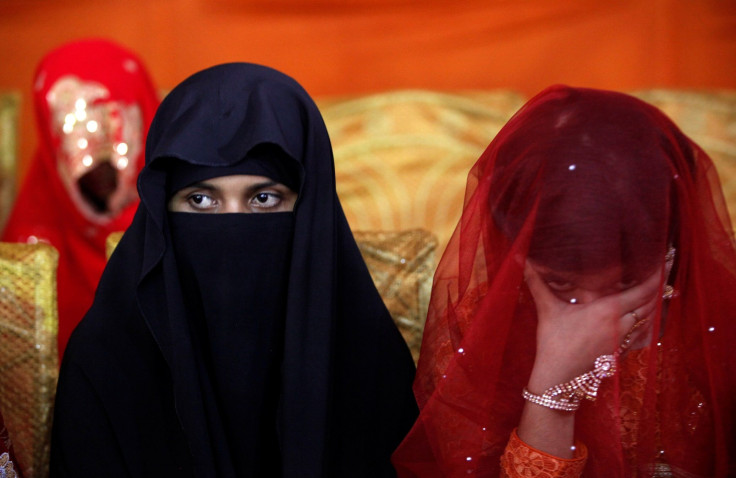Couple’s marriage under Sharia law recognised by English law: British High Court

A British High Court has recognised a marriage under the Sharia law in a landmark ruling. The recognition also means the wife can divorce the husband.
Earlier this week, the honourable Mr Justice Williams ruled that the 18-year marriage of Nasreen Akhter and Mohammed Shabaz Khan fell within the scope of the 1973 Matrimonial Causes Act, despite the husband saying that it was recognised under Sharia law only. The couple married in an Islamic wedding ceremony in a London restaurant in 1998.
Akhter, a qualified solicitor, wanted to make their marriage official with a civil ceremony afterwards, but Khan refused. They also had not formally registered their marriage. Nevertheless, they had managed to obtain a marriage certificate that allowed them to live and work in Dubai and “state authorities in England treated them as husband and wife.”
Their marriage produced four children before falling apart in 2016. Akhter, 46, had applied for a divorce, but Khan, also 46, claimed they were not legally married under the English law. Akhter argued that her Islamic faith marriage was valid, and therefore her divorce application was also valid.
Mr Justice Williams, sitting at the Family Division of the High Court in London, said that although the couple’s marriage was “entered into in disregard of certain legal requirements,” it was covered by English law. It could not be legally declared a non-marriage.
“This case is not about whether an Islamic marriage ceremony (a nikah) should be treated as creating a valid marriage in English law,” the judge’s written ruling reads (via Independent). Williams stressed that his ruling did not apply to all religious ceremonies, but just this particular case. He said that the law must approach religious ceremonies “on a case-by-case basis” to see if they fall under the Marriage Act 1949.
Khan and Akhter were treated as husband and wife in the country and state authorities. This, he added, meant that the term “non-marriage” should not be applied to them. Therefore, Akhter was entitled to a decree of nullity.
The landmark ruling could pave way to women who married in an Islamic faith ceremony to secure a divorce in the UK if they wanted to. Before Williams’ ruling, Muslim women were disadvantaged by the term “non-marriage” because it meant they wouldn’t have rights to their husband’s financial assets if they separated.
Although it was a case-by-case analysis, the ruling “holds out some hope” for Muslim women. Hazel Wright, a solicitor specialising in family law, told the Independent that many Muslim couples do not follow their Islamic wedding ceremonies with civil marriages, a requirement in the 1949 Marriage Act.
“The Marriage Act is quite old and we, as a society, need to reflect what people do — people have marriages in all sorts,” she said. “We need to bring the law into the 21st century … the growth of common law marriage and cohabitation is huge.”





















